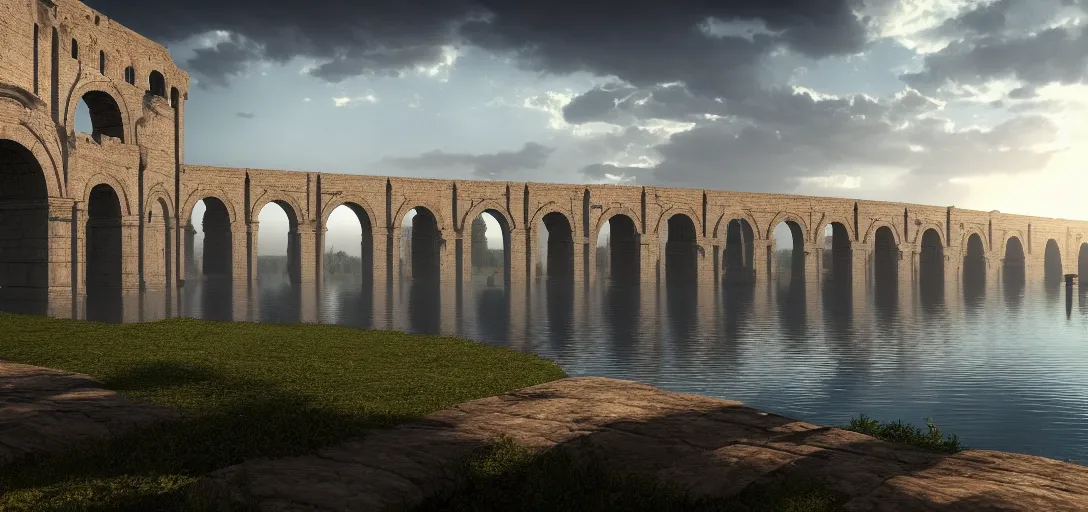Sustainable Living Through the Ages: Harnessing Ancient Wisdom for Today
In a world consumed by modernity and convenience, it's easy to lose sight of the timeless wisdom passed down through the ages. From the majestic pyramids of Egypt to the bustling streets of Rome, ancient civilizations thrived by embracing principles of sustainability that resonate even today. As we navigate the complexities of modern life, it's worth taking a step back to glean insights from our ancestors and rediscover the art of sustainable living.
Ancient Wisdom: Ancient civilizations such as the Egyptian Empire, the Roman Empire, and the Ottoman Empire shared a deep respect for the environment and understood the importance of living in harmony with nature. In ancient Egypt, the Nile River was revered as a lifeline, providing fertile soil for agriculture and sustaining entire communities. The Egyptians practiced sustainable farming techniques, such as crop rotation and irrigation systems, to ensure the long-term health of the land.
Similarly, the Romans were pioneers in engineering and infrastructure, utilizing aqueducts to transport water across vast distances and implementing innovative methods of waste management. The Roman concept of "sustainable urbanism" prioritized efficient use of resources and green spaces within cities, fostering a sense of community and connection to the natural world.

The Ottoman Empire, renowned for its architectural marvels and cultural heritage, embraced sustainable practices in both construction and daily life. From the iconic domes of mosques to the intricate tile work adorning palaces, Ottoman architecture integrated local materials and traditional craftsmanship, minimizing environmental impact while celebrating cultural identity.
Lessons Learned: Incorporating ancient wisdom into modern life begins with a shift in mindset. Rather than viewing sustainability as a daunting task, we can draw inspiration from the resourcefulness and ingenuity of our ancestors. Here are some practical tips for embracing sustainable living:
-
Harness the Power of Nature: Explore ancient methods of harnessing natural resources, such as solar power and rainwater harvesting, to reduce reliance on fossil fuels and conserve water.
-
Embrace Local and Seasonal: Support local farmers and artisans by choosing locally sourced, seasonal ingredients and products. Not only does this reduce carbon emissions from transportation, but it also fosters a stronger sense of community and connection to the land.
-
Reduce, Reuse, Recycle: Follow the timeless mantra of "reduce, reuse, recycle" to minimize waste and conserve resources. Get creative with repurposing old materials and adopting minimalist practices to simplify your lifestyle.
-
Cultivate Mindfulness: Take a cue from ancient mindfulness practices, such as meditation and yoga, to cultivate a deeper connection to yourself and the world around you. By slowing down and savoring the present moment, you can cultivate a greater appreciation for the beauty and abundance of nature.
Conclusion: In a world where sustainability is more important than ever, we can look to the wisdom of ancient civilizations for guidance. By embracing the principles of sustainability practiced by our ancestors and incorporating them into our daily lives, we can create a brighter, more sustainable future for generations to come.
Let us honor the legacy of the past by living mindfully, responsibly, and in harmony with the natural world.




